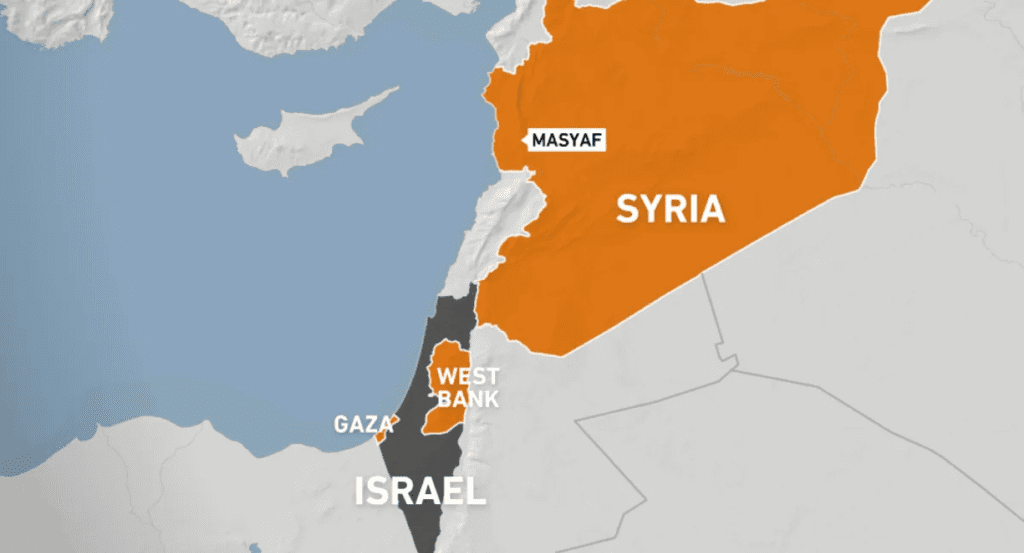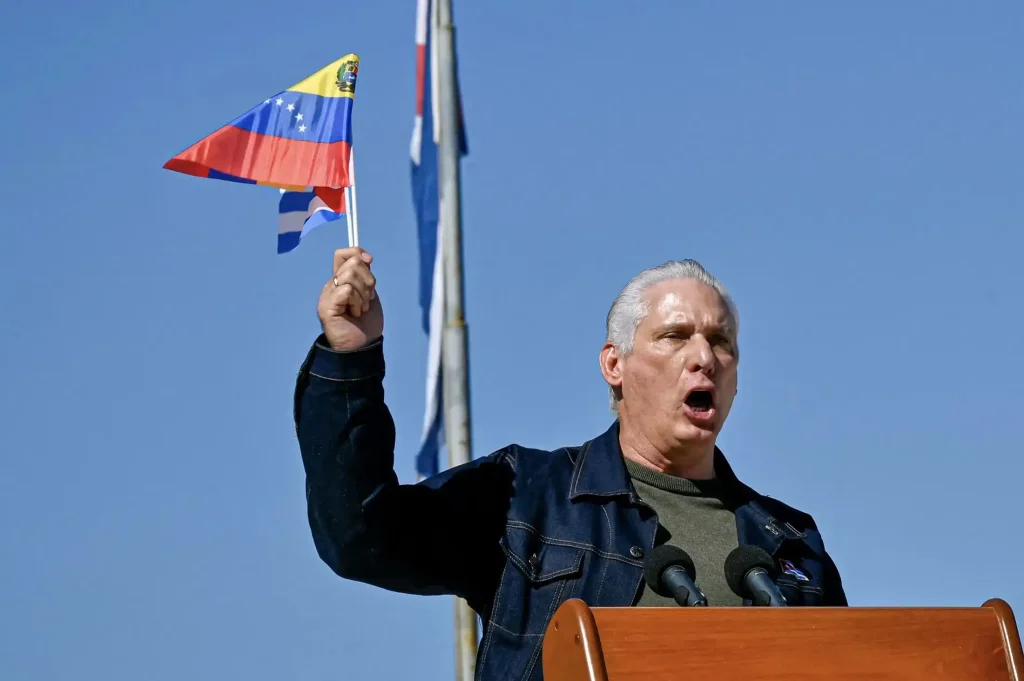In a significant political shift, Syrian opposition forces are working to establish a new government following the ouster of President Bashar al-Assad. This development comes amidst heightened regional tensions, with Israel launching strikes on Syrian targets.
The opposition’s move aims to restore order and address years of political instability and economic hardship in the war-torn nation. Leaders from various factions have convened to outline the framework for a transitional government, pledging to prioritize national unity, human rights, and the rebuilding of infrastructure. However, achieving consensus among diverse groups remains a challenge as discussions continue.
Meanwhile, Israel’s recent airstrikes on Syrian territory have exacerbated the region’s fragile stability. Israeli officials claimed the strikes targeted military assets linked to Iran-backed forces operating within Syria, citing national security concerns. Damascus has condemned the attacks, labeling them a violation of sovereignty, and called for international intervention to prevent further escalation.
The dual developments—the political transition and ongoing hostilities—highlight the complex dynamics in Syria. While the opposition’s progress toward governance is seen as a step toward resolving internal conflicts, external threats like Israeli strikes and the presence of various militant factions underscore the fragile nature of Syria’s path forward.
The international community has reacted cautiously, urging both restraint and dialogue. Western nations have expressed support for the opposition’s efforts to form a democratic government but warned against actions that could derail peace efforts. Regional players, including Iran and Russia, continue to influence the situation, further complicating the outlook.
As Syria navigates this transformative period, the balance between internal reform and managing external pressures will play a crucial role in determining the nation’s future stability.






















